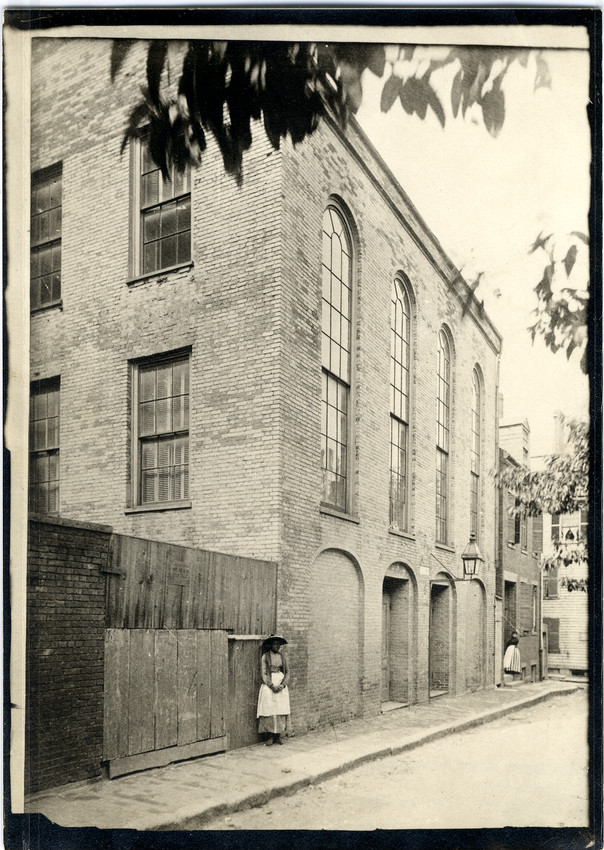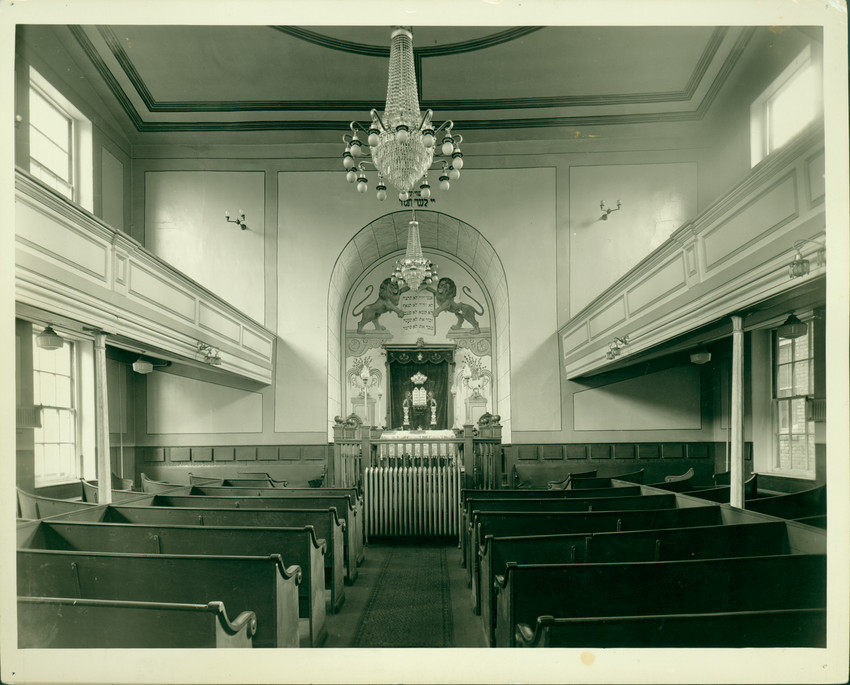Feb 1, 2022
February is Black History Month. This month, we honor Black New Englanders through history with new research from our study center, upcoming events, and more. Through their stories, we invite you to celebrate and reflect on Black History Month with us.
Stories from the Study Center
The Study Center is Historic New England’s academic research branch. This past fall, we launched Recovering New England’s Voices, a multiyear, multiphase project to reimagine our sites by researching new and inclusive histories and sharing them through authentic, innovative storytelling. Read more about what the research scholars have uncovered:

- Cicero: Cicero was an enslaved man at Bowman House in Dresden, Maine, in the late 1700s. Although previous research into Cicero included expenses for medical treatment and billing for his labor on a ship, further Study Center investigation uncovered a fugitive slave advertisement that Jonathan Bowman filed in November 1775 that contained a crucial missing piece of Cicero’s story—his physical description and intent to join the Continental Army in the Revolutionary War as a free man. The in-depth description of Cicero will add to the stories we tell on a tour of the house and is likely one of the best available sets of primary sources on slavery in Maine.
- David Chesnut and Charles Bowie: In the course of researching workers and domestic staff at the Eustis Estate, a research fellow at the Study Center found two stories of Black American families who left the South at the end of Reconstruction to make lives in Massachusetts. The first of these stories is of David Chesnut, a coachman at the estate who later became a career chauffeur, invested in nearby real estate, and raised a family. The details of the second story, Charles Bowie’s, are less clear, but we do know he was born in Maryland, came to work as a butler at the Eustis Estate after being freed from enslavement, and married a Swiss-German immigrant in what seems to be a rare example of interracial marriage in 1890s Boston. These combined facts provided a glimpse into the inherent complexity of racial categorization at the time.
Upcoming Virtual Events
-
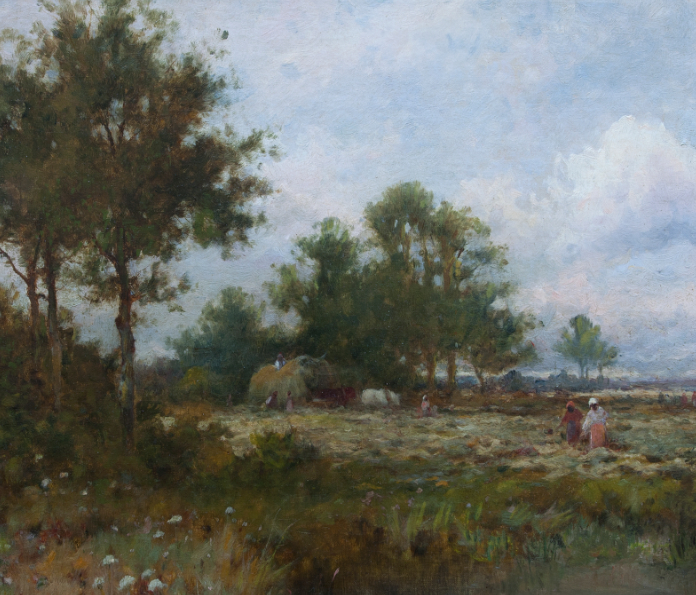
-
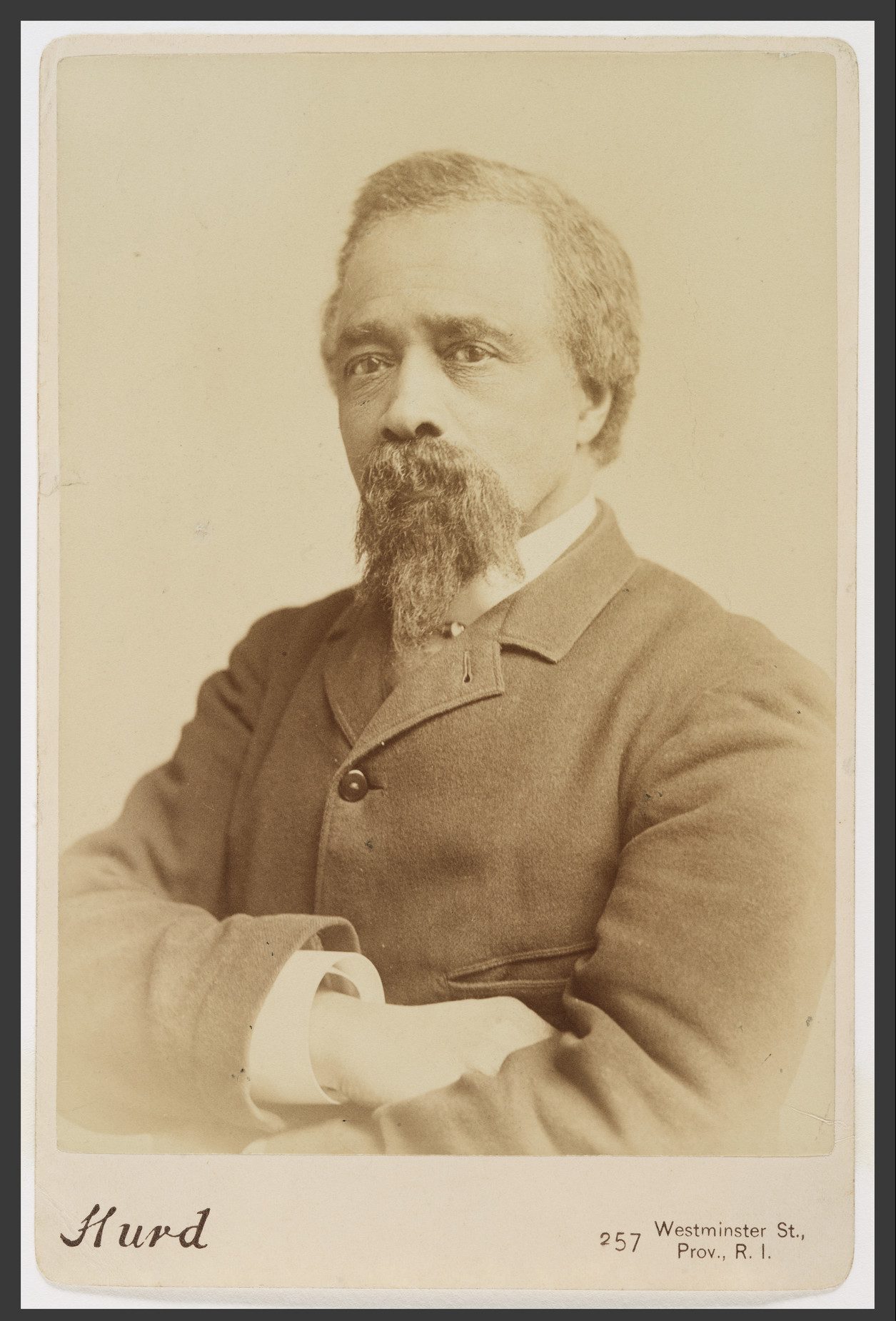
Edward Mitchell Bannister
Gustine L. Hurd
c. 1880
Albumen silver print
National Portrait Gallery, Smithsonian Institution; gift of Sandra and Jacob Terner -
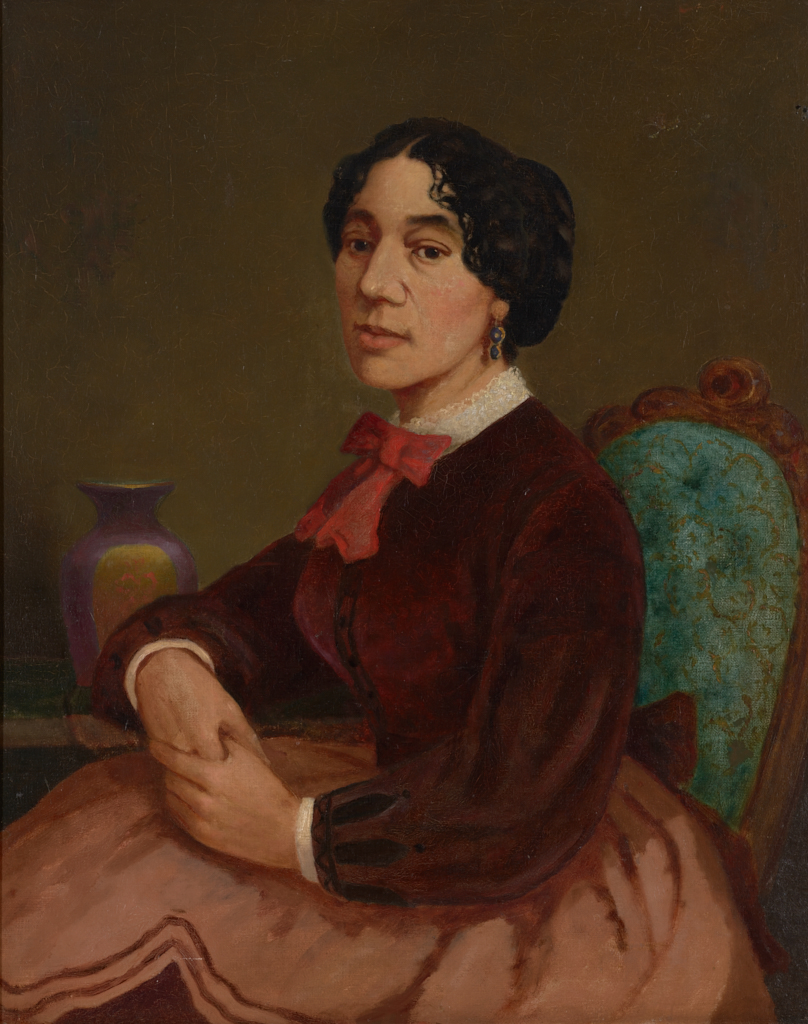
Christiana Carteaux Bannister. Probably
Boston, c. 1860, oil on panel, 35 x 25 7/8
inches. Gift to RISD Museum by the
Edward M. Bannister Foundation.
Edward M. Bannister: The Artist and His Influences
Wednesday, February 2, 5:30 p.m.
Join Nancy Whipple Grinnell, curator emerita of the Newport (RI) Art Museum, for a virtual program on artist Edward M. Bannister. Whipple Grinnell explores the artist’s upbringing, his marriage to Christiana Carteaux, the challenges he faced as a Black artist, his relationships with his colleagues at the Providence Art Club, his connection to the Barbizon School of Painting, and more.

Lifting As We Climb: The History of Women of Color and Voting Rights
Wednesday, February 16, 5:30 p.m.
Join Professor Brittney Yancy of Goodwin University for this virtual program on the women of color who advanced the suffrage movement and the broader struggle for voting rights. Professor Yancy shares the stories of women of color in the movement—particularly African American, Indigenous, and Puerto Rican luminaries—and Connecticut women such as Mary Townsend, Sarah Lee Brown Fleming, and Laura McCoy, among others.
Collections Highlight
African Meeting House, Boston, Mass.
The African Meeting House was built in 1806 almost entirely by free Black artisans and is the oldest African meeting house in the United States. The space functioned as cultural and political meeting place, a church, a school, and at one point, a synagogue. In it, prominent activists such as Frederick Douglass and Maria Stewart spoke on issues of abolition, women’s rights, civil rights, and more. Today the building houses the Museum of African American History and is the last stop on the Boston Black Heritage Trail.

